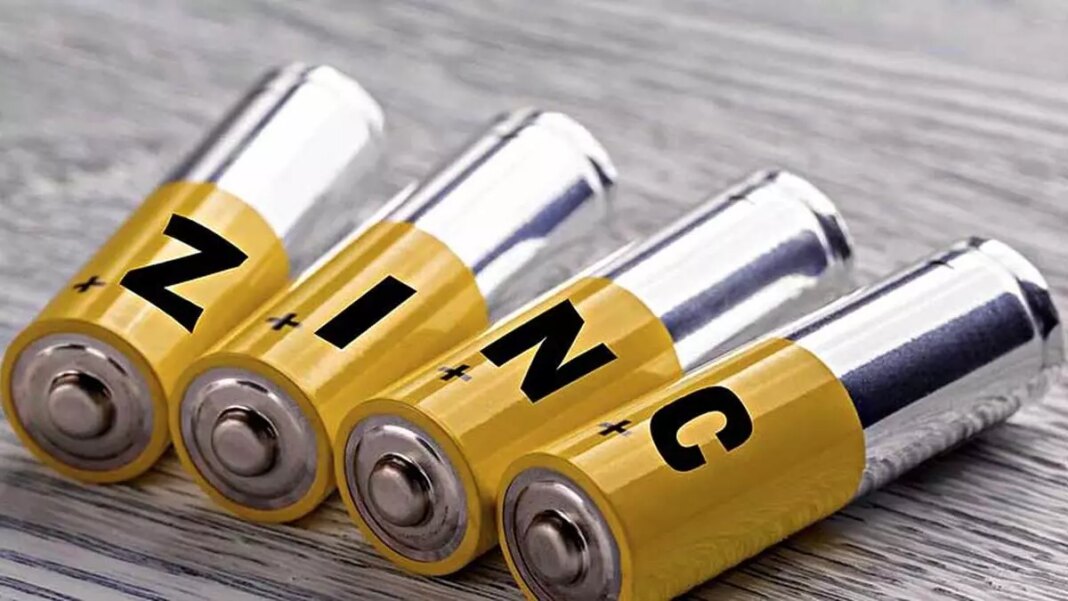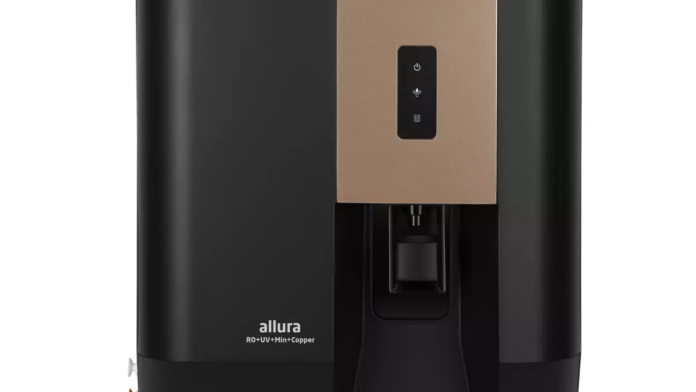In Short:
Hindustan Zinc, India’s top zinc producer, has partnered with the Jawaharlal Nehru Centre for Advanced Scientific Research to develop new zinc materials for batteries. This collaboration aims to create cost-effective and safe alternatives to lithium-ion batteries, which have supply and safety issues. Zinc-based batteries are more durable and affordable, supporting sustainable energy solutions and advancing clean technology.
Hindustan Zinc Teams Up with JNCASR for Innovative Battery Solutions
In an exciting development for the energy sector, **Hindustan Zinc Ltd.**, a proud member of the **Vedanta** family and India’s foremost integrated zinc producer, has taken a bold step forward. They’ve officially signed a **Memorandum of Understanding (MoU)** with the prestigious **Jawaharlal Nehru Centre for Advanced Scientific Research (JNCASR)**. This partnership aims to pioneer new variants of zinc materials, a leap toward bringing zinc-based batteries into the commercial spotlight.
A Pivotal Moment for Battery Technology
The partnership marks a significant milestone in the advancement of battery technologies. With **JNCASR** being a renowned institute backed by the **Department of Science and Technology**, this collaboration is set to harness the power of zinc’s abundant availability, its cost efficiency, and sustainable practices.
The Case for Zinc: A Better Alternative to Lithium
While **lithium-ion batteries** currently reign supreme in the market, they come with their own set of challenges, such as limited availability, concentrated geographic processing, and safety risks like combustion issues. In fact, lithium is more than four times pricier than zinc!
**Hindustan Zinc** highlights that zinc-based batteries are a fantastic alternative. They boast advantages like longer life, cost-effectiveness, and a proven track record for safety. Moreover, developing these batteries locally could save significant funds given that the element is plentiful within India.
Exploring the Chemistry of Zinc
Some popular zinc-based battery chemistries include **zinc-manganese**, **zinc-carbon**, **nickel-zinc**, and **zinc-air**. The collaboration will specifically focus on:
- Research and development of zinc alloys for zinc-ion and zinc-air batteries.
- Creating high-performance electrolytes for these zinc alloy anodes.
- Designing sustainable processes for recycling zinc metal-based batteries.
A Commitment to Sustainable Energy
By diving into this research, **Hindustan Zinc** is determined to speed up the shift toward sustainable energy solutions. Zinc plays a vital role throughout various industries, including steel manufacturing, renewable energy, battery storage, electronic components, and transportation.
“This collaboration demonstrates our crucial role in catering to the increasing demand for alternative energy solutions by being an active contributor of critical raw materials for the development of emerging clean technologies,” said **Arun Misra**, CEO of **Hindustan Zinc**.





